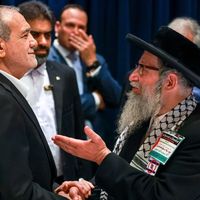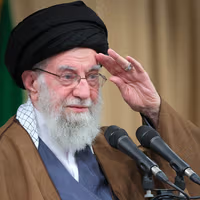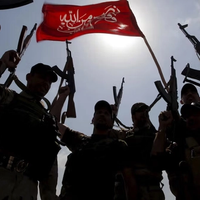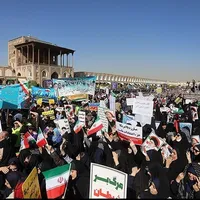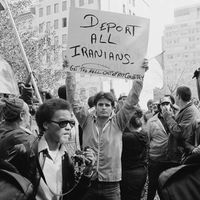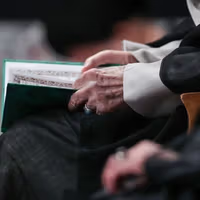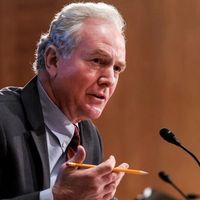The plan calls for the establishment of a new international television network broadcasting in Hebrew under the aegis of state-run Islamic Republic of Iran Broadcasting (IRIB).
The move intends to “respond to the media propaganda of the Zionist regime and its affiliates.”
According to the IRNA news agency, the measures were ratified by the Supreme Council of the Cultural Revolution in September and formally signed into effect by Pezeshkian in his capacity as the council’s chairman.
The new framework assigns responsibilities across multiple ministries and state institutions, from education and culture to health and national broadcasting.
It aims to strengthen national cohesion, promote “social resilience,” and expand coordination among universities, research institutions and the defense sector, according to the decree.
Other provisions include initiatives to improve public morale, support families affected by recent conflict, and promote Iranian cultural and scientific achievements.
The document also highlights investment in emerging technologies such as artificial intelligence, aerospace, and cybersecurity as part of Iran’s defense and innovation strategy.
Government bodies are instructed to preserve “unity and national cohesion” in the way major events are portrayed in the media, including the annual Quds Day and the anniversary of the 1979 Islamic Revolution.
The Ministry of Culture and Islamic Guidance, IRIB and the Friday Prayer policy council are tasked with preventing “conflicting narratives” in public discourse, particularly concerning the recent 12-day war with Israel.
It also calls on the judiciary to prepare a “media annex” outlining penalties for individuals accused of espionage or treason and on the National Cyberspace Center to work with the courts to counter “those spreading fear and despair” online.
Religious institutions, mosques and volunteer networks such as the Basij are also expected to take part in fostering what the document calls a “spirit of national solidarity, empathy and resistance to oppression.”
State television is directed to feature more academic experts and cultural figures to explain key national events and “analyze scientifically the 12-day defensive war,” which officials have framed as a symbol of national unity and deterrence capability.


